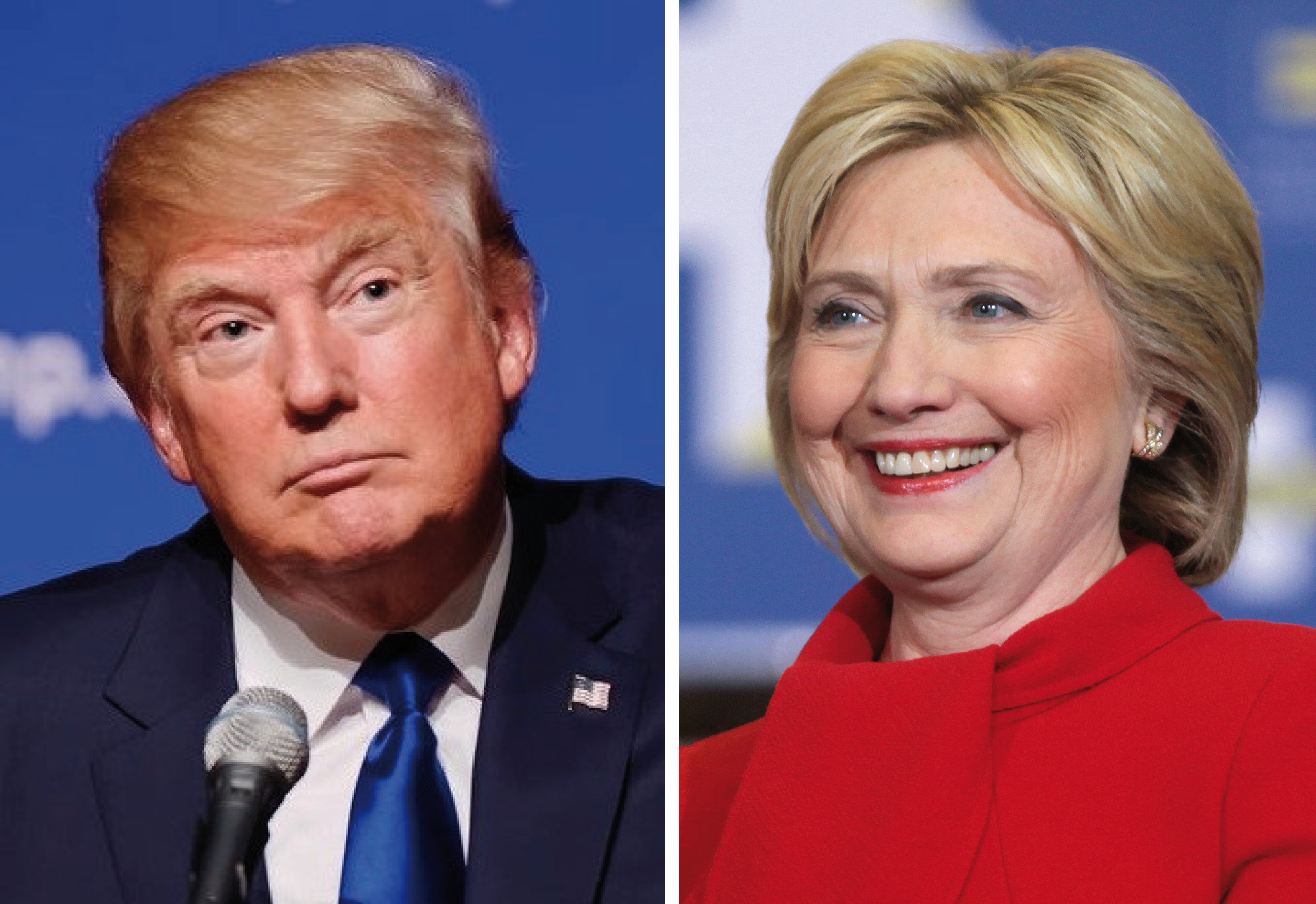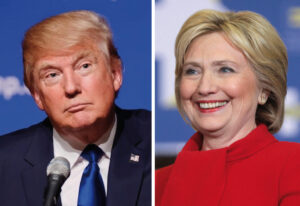The issue of education policy was absent in the first presidential debate and the vice presidential debate. This Sunday, Clinton and Trump face off again in their second debate. But this time, the format is town-hall style, meaning half of the questions will come from undecided voters in the audience.
Town hall debates are known for exposing candidates’ ability to interact with voters and show empathy toward issues affecting their daily lives. Given this, might education finally get its spotlight? We here at Bellwether sure hope so.
I asked my Bellwether team members what education questions they would ask Clinton and Trump if they could be in the audience on Sunday night. Here’s what my colleagues came up with:
- Much of this campaign season has focused on trade and the “Rust Belt.” Do you have a plan for Career and Technical Education so that former manufacturing workers can learn a skill set for today’s economy? – Phil Burgoyne-Allen
- The NAACP recently called for a moratorium on opening new charter schools. What do you think about this? Do you agree with this statement? – Paul Astuto
- High school graduation rates are improving in many places in the country, but are still low in others. What can you do to help those struggling schools to do better? – Hailly T. N. Korman
- The House has just introduced a new bill intended to help us recruit, develop, and retain more teachers in our country, which is likely a goal nearly everyone agrees with. What role do you believe the Federal government should play to help us make progress towards that goal? – Jen Meer
- The majority of students in public schools are students of color, but only 18 percent of our teachers are teachers of color. How do we attract, develop, and retain a diverse teacher workforce? – Kirsten Schmitz
Personally, I’d like to hear the candidates talk about school integration. As Alia Wong of The Atlantic writes, it’s been 62 years since Brown vs. Board of Education, yet roughly four in 10 black and Latino students nationwide attend schools that are at least 90 percent nonwhite. And economic segregation has intensified in the past two decades, primarily affecting students of color — what the Civil Rights Project calls “double segregation.” Recently, Secretary of Education John King has called on U.S. parents to consider voluntary integration. What are Clinton and Trump’s plans to address segregated schools?
Bellwether will be watching on Sunday night to see if the candidates get asked questions about these pressing topics. And I’ll be back Monday morning with a recap of any education topics mentioned during the debate. The town-hall debate will be broadcast on major TV networks and C-Span starting at 9 p.m. Eastern.

